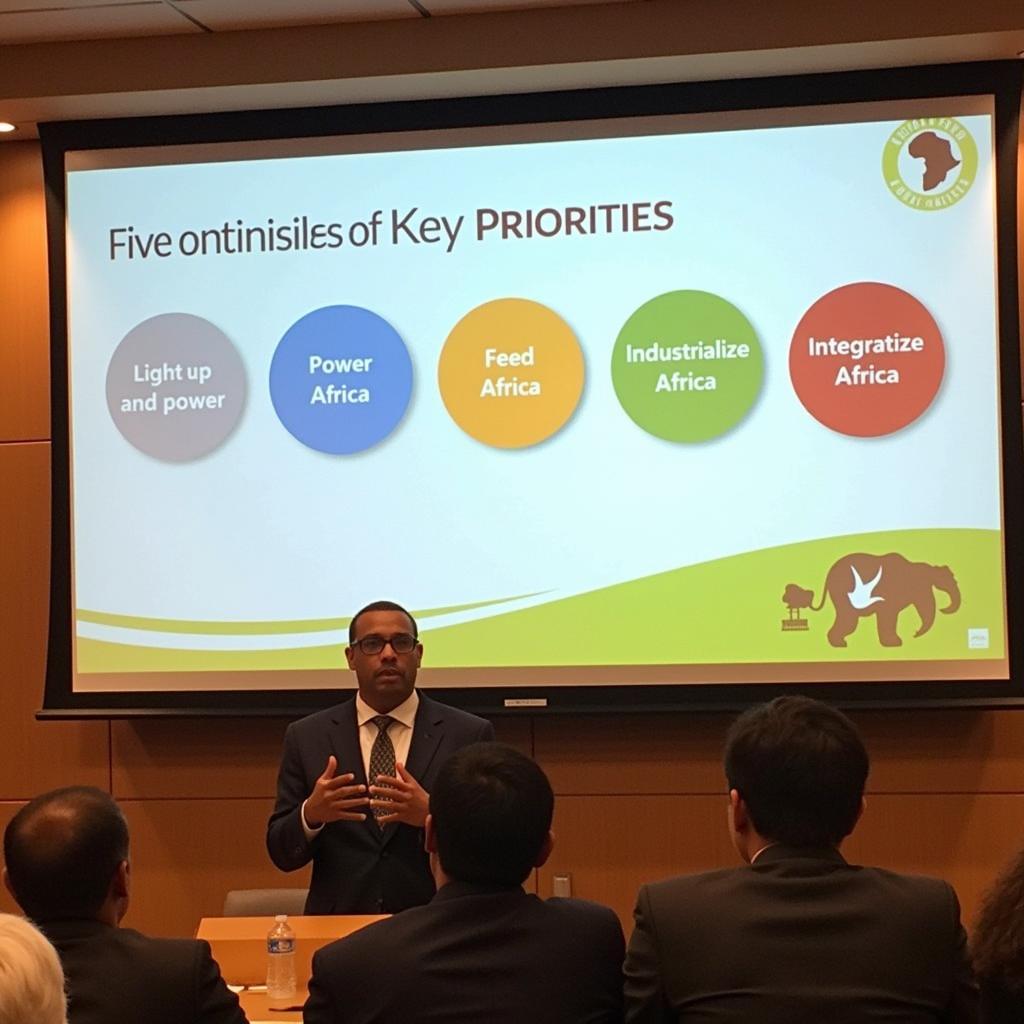African Horse Sickness Virus Wiki: Understanding the Deadly Equine Disease
African horse sickness virus (AHSV) is a highly contagious and deadly viral disease that affects horses, donkeys, and mules. The virus is not contagious to humans. AHSV is spread by biting insects, primarily midges (Culicoides species), and can cause significant economic losses due to its high mortality rate, which can reach up to 95% in susceptible horse populations. This article delves into the intricacies of African horse sickness virus, providing a comprehensive understanding of its causes, symptoms, transmission, diagnosis, treatment, and prevention.
What is African Horse Sickness Virus?
African horse sickness is a notifiable disease, meaning that suspected cases must be reported to veterinary authorities due to the potential for rapid spread and severe impact on equine populations. The disease is caused by a virus belonging to the genus Orbivirus, family Reoviridae. There are nine different serotypes of AHSV (AHSV-1 to AHSV-9), each capable of causing the disease.
Symptoms of African Horse Sickness
Clinical signs of African horse sickness vary depending on the serotype of the virus, the species and breed of the animal, and individual immune response. The incubation period typically ranges from 5 to 21 days. AHSV presents in four main forms:
1. Horse Sickness Fever: This mild form is characterized by fever, lethargy, and nasal discharge.
2. Cardiac Form: This form primarily affects horses and is characterized by fever, respiratory distress, swelling of the head and neck, and heart failure.
3. Pulmonary Form: Dominated by respiratory symptoms, this form causes severe lung edema, difficulty breathing, coughing, and frothy nasal discharge.
4. Mixed Form: This form presents with a combination of symptoms from the cardiac and pulmonary forms.
How is African Horse Sickness Virus Spread?
AHSV is not directly contagious from horse to horse. The primary mode of transmission is through the bite of infected midges, which thrive in warm, humid environments. The virus replicates in the midge and can be transmitted to a susceptible animal during a blood meal.
Other animals, such as zebras and donkeys, may serve as reservoir hosts, showing minimal or no clinical signs but harboring the virus. Movement of infected animals, contaminated equipment, and windborne transportation of infected midges can also contribute to the spread of AHSV.
Diagnosing African Horse Sickness
Diagnosing AHSV is crucial for implementing control measures and preventing further spread. Veterinary professionals employ a combination of methods for accurate diagnosis:
-
Clinical Examination: Assessing the animal’s history, observed symptoms, and physical examination findings provide initial clues.
-
Laboratory Testing: Confirmation of AHSV relies on laboratory tests, including:
- Virus isolation: This method involves culturing the virus from blood or tissue samples.
- Polymerase chain reaction (PCR): PCR is a highly sensitive and specific technique used to detect the virus’s genetic material.
- Serological tests: These tests detect antibodies produced by the animal in response to AHSV infection.
Treatment of African Horse Sickness
Unfortunately, there is no specific treatment for African horse sickness. Supportive care can be provided to alleviate symptoms and improve the animal’s chances of survival. This may include:
- Rest and Isolation: Infected animals should be isolated to prevent further transmission.
- Fluid Therapy: Intravenous fluids are essential to correct dehydration and electrolyte imbalances.
- Anti-inflammatory Medications: Non-steroidal anti-inflammatory drugs (NSAIDs) can help reduce fever and inflammation.
- Respiratory Support: Oxygen therapy and other respiratory support measures may be necessary for animals with severe respiratory distress.
Preventing African Horse Sickness
Prevention plays a critical role in controlling AHSV. Key preventive measures include:
- Vaccination: Effective vaccines are available and should be administered by a veterinarian. Vaccination is the most important tool in controlling AHSV.
- Insect Control: Minimizing midge populations in and around stables is crucial. This can be achieved through the use of insecticides, insect repellents, and stable netting.
- Quarantine: Newly acquired animals should be quarantined for at least 21 days to observe for any signs of illness.
- Movement Control: Restricting the movement of horses from affected areas helps prevent the spread of the virus.
- Awareness and Education: Educating horse owners, stable managers, and veterinarians about AHSV is essential for early detection and prompt implementation of control measures.
Conclusion
African horse sickness is a devastating disease that poses a significant threat to equine populations worldwide. Understanding the virus, its transmission, and the importance of preventive measures is crucial for effective disease control. By implementing comprehensive control strategies, including vaccination, insect control, and biosecurity measures, we can mitigate the impact of this deadly disease and protect our equine companions.
FAQ
1. Can humans get African horse sickness?
No, African horse sickness virus does not infect humans. It only affects horses, donkeys, and mules.
2. What is the mortality rate of African horse sickness?
The mortality rate can vary depending on the serotype of the virus and the species affected, but it can be as high as 95% in some cases.
3. Where is African horse sickness found?
AHSV is endemic to sub-Saharan Africa but has also been reported in the Middle East, Southern Europe, and Asia.
4. Is there a cure for African horse sickness?
Currently, there is no specific cure for AHSV. Treatment mainly involves supportive care to alleviate symptoms and improve the animal’s chances of survival.
5. How can I protect my horse from African horse sickness?
Vaccination is the most effective way to protect your horse from AHSV. Other important measures include insect control, quarantine protocols for new animals, and restricting movement from affected areas.
For further assistance, please contact us:
Phone: +255768904061
Email: kaka.mag@gmail.com
Address: Mbarali DC Mawindi, Kangaga, Tanzania
Our customer service team is available 24/7 to assist you.



